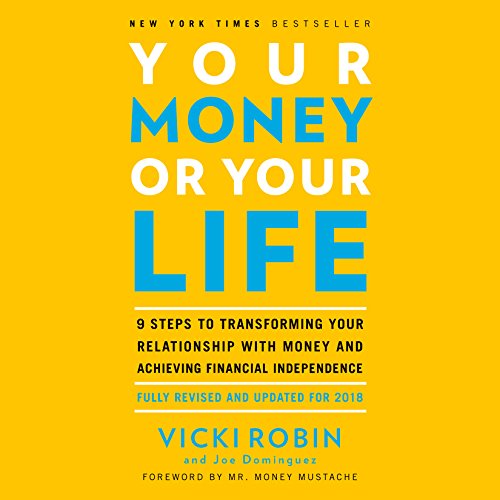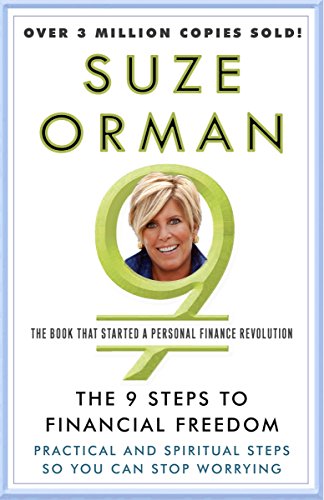Do you know what your credit score is? Or how to improve it? What do you need to know about a 401(k) or a Roth IRA?
And yes, I’m talking to YOU, students! While financial topics might seem like amorphous topics that you can figure out years from now when you’re settled into a good job, the truth is that the financial decisions you make right now can have an oversize impact on your life for years to come!
Andersen Library can help you make sure those financial decisions are smart ones. While nobody here (including me) is a financial advisor, we can provide you with resources to educate yourself and make smart decisions. Here are a few resources:
Last week during Money Smart Week 2020, I co-hosted a webinar called Ask a Financial Expert. You can view the recording here. Three local campus experts shared their expertise, somewhat geared toward staff but I think students can benefit greatly too:
- Emily Calhoun, from UW Credit Union, talked about the credit score’s importance and how to improve it. If you want to know more about your own credit score, contact Emily to do a free, private, one-on-one, no-obligation credit score review with her!
- Mark Gmach, a finance lecturer on campus, shared information about investing and savings for long term goals. Did you know, students, that if you start saving an average of $100 a week at age 25 or so, you could become a millionaire by age 65? Yes, really!
Get more information on managing your own finances through reading some great books from the library by financial advice gurus like Suze Orman, Dave Ramsey, or Robert Kiyosaki. Each of them have plenty of free advice on their websites, too. Or check out one of the books linked from the images in this post. - Paul Nylen, an accountant and tax lawyer, shared information about wills, trusts, and estate planning. While that may seem far off to some students, you can still learn something about the basics now.
Come back in a few days for Part II of this post!



